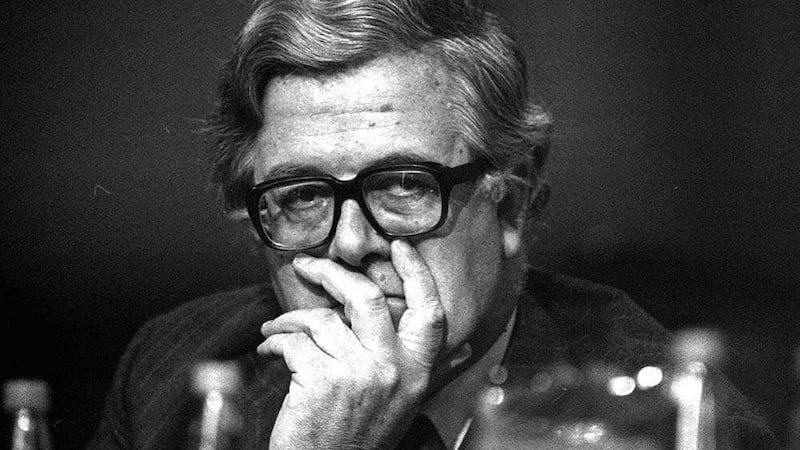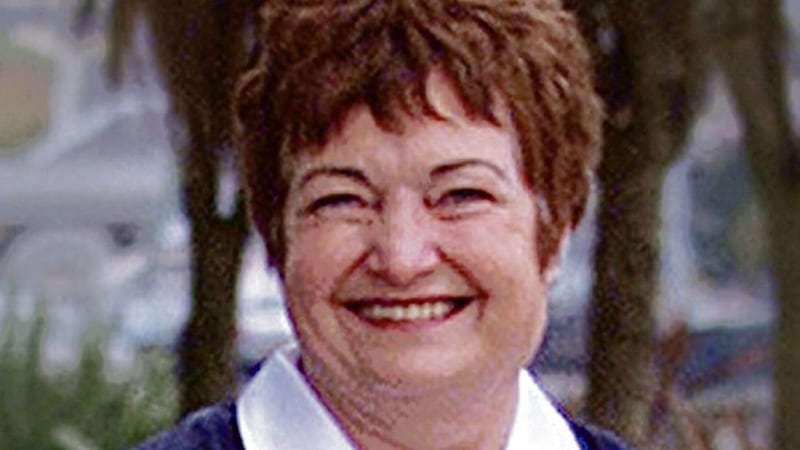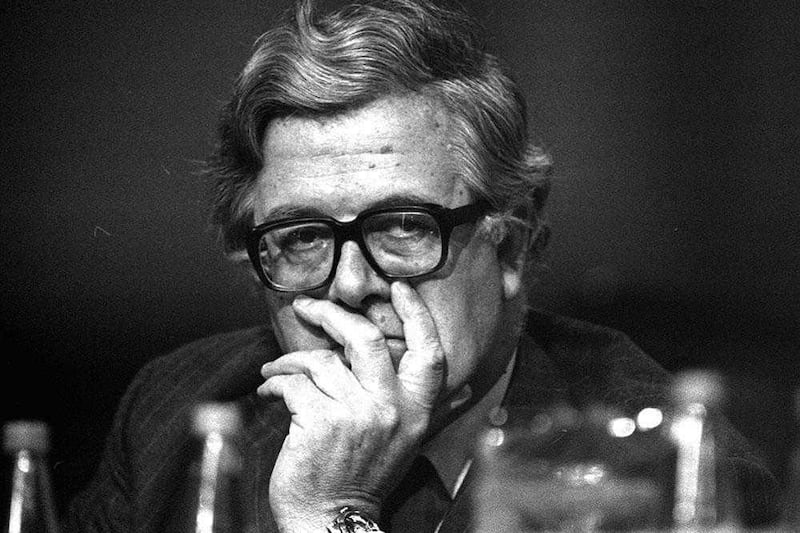British Foreign Secretary Sir Geoffrey Howe was "astounded" after his Soviet counterpart Eduard Shevardnadze expressed concerns about diplock trials and `political prisoners'.
High-level Soviet concern at the alleged existence of "400 political prisoners" was raised at a bilateral meeting in Moscow in 1988.
Previous confidential files released by the Public Record Office in Belfast, reveal Soviet Foreign Minister Eduard Shevardnadze "expressed concern about alleged abuses of human rights in Northern Ireland", arguing "the absence of jury trials for certain offences was a basic infringement of individual freedom".
According to a confidential memo detailing the exchange, dated February 18 1988, Shevardnadze said the Soviet Union "was concerned about the situation in Northern Ireland... They [the Soviets] were concerned that there were more than 400 political prisoners in Ulster".
The politician said the USSR had received representations about many serving terms under sentences which they believed were illegal and contrary to their rights, saying such trials "seemed very much out of step with international and European processes".
He then handed over a list of names, asking Howe look at them and see whether their sentences were justified.
According to the memo, Howe said he was "astounded" by the minister's remarks.
"There was no question of political prisoners. Nobody was imprisoned in the UK except on proof of the commission of a crime before a proper court" and courts in the Republic of Ireland also tried comparative criminal offences in no-jury courts "since both countries faced the same threat of intimidation of witnesses and jurors by terrorists".
Sir Geoffrey agreed to look at the list but did not accept the validity of the allegations made by Shevardnadze.
According to the memo, Shevardnadze said while the Secretary of State was a professional lawyer "he still failed to understand some of the arguments", insisting "he was far from sure that all the 400 [prisoners] were terrorists".
In a note on the file, Stephen Leach of the NIO reported: "By all accounts the Soviet Foreign Minister ended up with considerably the worst of the argument."
It was concluded the request "was clearly meant as a tit-for-tat measure linked to the UK's entirely justified interest in human rights cases in the Soviet Union".
In another memo Clare Marson, a NIO official in Belfast, provided details of the eight named prisoners whose cases were raised.
Of these, seven were serving life sentences for murder and one for attempted murder.
The prisoners were all incarcerated at Co Down's Maze Prison. They included Paul Martin Creighton, sentenced for the murder of a man during an IRA feud in 1975; Michael Culbert, imprisoned for his part in the 1978 murder of a police photographer and John Anthony McCooey who, she stated, with accomplices, had murdered five Orangemen at Tullyvallen Orange Hall in Co Armagh in 1976.
A blunt brief was prepared for the Soviet Foreign Minister stating: "There are no political prisoners in NI. Convicted terrorists were treated in the same way as all other prisoners."
Shevardnadze, a close ally of Mikhail Gorbachev, became President of Georgia in 1999 and died last year.



